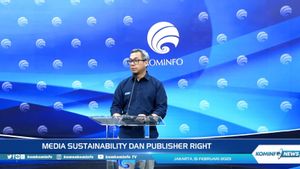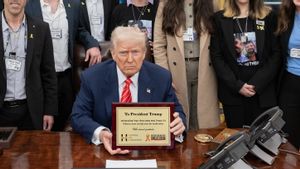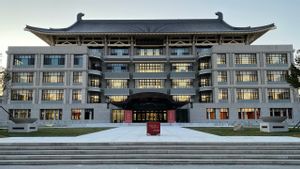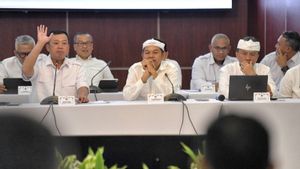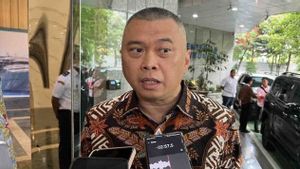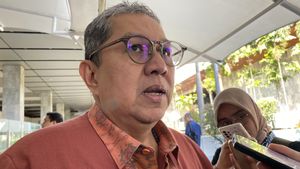JAKARTA - In the midst of discussions regarding the current draft Presidential Regulation on Quality Journalism or Publisher Right, Google expressed its concerns about the Indonesian government, if the Presidential Regulation was ratified without any changes.
Because according to them, this regulation will actually limit the diversity of news sources for the public because it gives power to a non-governmental institution to determine what content may appear online and which news publishers may earn income from advertising.
"If ratified in the current version, this new news regulation could directly affect our ability to provide relevant, credible, and diverse online information sources for our product users in Indonesia. As a result, all the efforts we have and want to make to support the news industry in Indonesia so far can be in vain," said Michaela Browning, VP, Government Affairs and Public Policy, Google APAC in its official statement.
Although Google is very grateful to all parties involved in the drafting of this Presidential Decree, the search giant feels that the proposed design will still have a negative impact on the wider digital news ecosystem.
The impact referred to by Google regarding the current version of the Quality Journalism Presidential Decree is:
Limiting the news available online: This regulation only benefits a small number of news publishers and limits Google's ability to display various information from thousands of other news publishers across the archipelago, including harming hundreds of small news publishers under the auspices of the Indonesian Cyber Media Union (SMSI).
SEE ALSO:
Threatening the existence of media and news creators: The initial goal of this regulation is to build a healthy news industry, but according to Google, the last version proposed may actually have a bad impact on many publishers and news creators who are transforming and innovating.
"We do not believe that the draft Presidential Decree above will provide an adjek framework for a resilient news industry and a fertile creator ecosystem in Indonesia," Browning added.
Despite being disappointed with the direction of the current proposed Presidential Decree, Google still hopes to achieve a good solution and remains committed to working with all relevant stakeholders.
"We want to continue to look for the best approach to building a balanced news ecosystem in Indonesia, namely, which can produce quality news for everyone as well as support the survival of all news publishers, small or large," he concluded.
The English, Chinese, Japanese, Arabic, and French versions are automatically generated by the AI. So there may still be inaccuracies in translating, please always see Indonesian as our main language. (system supported by DigitalSiber.id)




